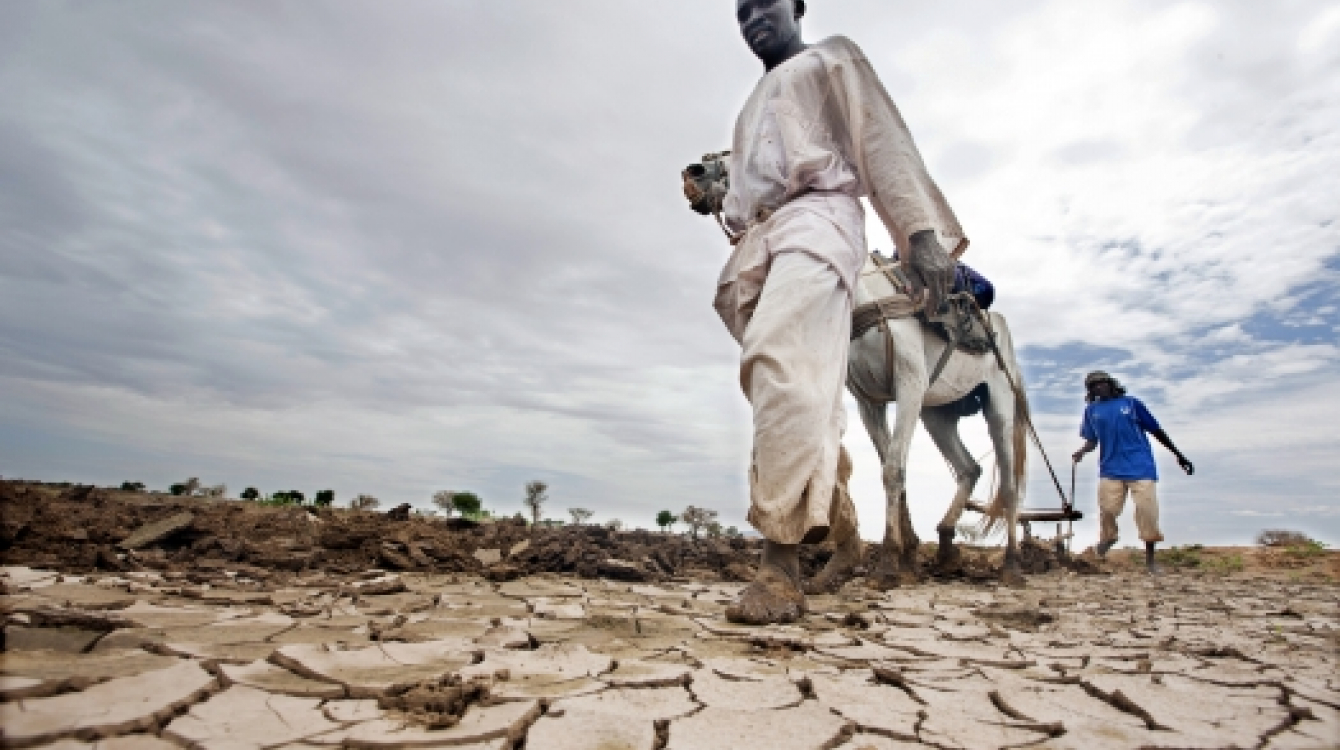
By Jeff Kapembwa
AFRICA’s vulnerability go the climate change crisis has heightened following revelations that while the continent is compelled to service its public debt to rich nations, the latter owes the continent over US$36 trillion in unpaid climate financing, an Action Aid report says.
Despite the African continent emitting a paltry 4 percent of Green House Gases (GHGs), rich nations, the US, China, India, among others owed the continent a staggering US$36 million in financing areas and should in actual sense be remitting US$1.4 trillion yearly to insulate against climate impact-mitigation and adaptation.
A report by ActionAid reveals stunning levels of pollution with over three-quarters of all lower-income countries spend more on foreign debt than on their own healthcare systems and more than half spend more on debt servicing than education.
The report titled: ‘Who Owes Who? External debts, climate debts and reparations in the Jubilee year’ and released prior the African Union summit hosted by Ethiopia highlights how African countries are being exploited.
African countries’ vulnerability has forced the continent to forego essential public services, health, education, and climate action, to service foreign debts owed to rich countries, private creditors, and global financial institutions-yet rich countries hold on to their US$1.4 trillion per annum indebtedness.
It notes that rich countries remain defiant and are not paying the climate debt of at least US$36 trillion that they owe to Africa – let alone other debts for reparations, failed promises, and ongoing economic exploitation. The unpaid debts owed to Africa far exceed the external debts that African nations are forced to pay.
“It is a travesty that African nations are being crushed under the weight of foreign debt, while the world’s richest countries continue to look the other way, evading their responsibility to pay for the climate crisis and reparations related to the slave trade and unfair economic practices.
ActionAid International Secretary General-Arthur Larok, the Secretary General is not amused at the wanton destruction of the continent and raises a red flag seeking solidarity against the rich’s uncouth actions towards the continent.
By forcing countries to prioritise debt repayment over essential services such as health and education, or responding to the runaway climate crisis, the rich countries are pushing Africa to the brink,”
There are various observations and demands staked for rich nations to repay Africa which has over the years, suffered at the expense of the rich nations.
- Rich polluting countries owe low and lower-middle-income countries US$107 trillion in climate debt. This is more than 70 times greater than the total foreign debt of US$ 1.45 trillion that lower-income countries collectively owe
- The new data also reveals that over 50 times more is owed to African countries by rich countries for polluting the atmosphere and triggering the climate crisis than is owed by Africans in total foreign debt
The report: ‘Who Owes Who’ reveals that in 2024, lower-income countries in Africa paid US$ 60 billion in debt repayments sacrificing health, education, people’s rights, and sustainable national development. This has a devastating impact on the majority of people on the continent, particularly women, young people, and those on low incomes.
On the other hand, the data in the report shows that rich countries should be paying Africa twenty-five times more, at least US$ 1.4 trillion every year in climate finance.
“Servicing external debts, and complying with conditions attached to IMF loans, is undermining spending on health, education, and climate action, particularly impacting women and girls. But rich countries get away without paying their debts to Africa. How is that fair?”
The African Union’s declaration is that 2025 is the Year of Reparations and presents an opportunity to stand up to both historical injustices and the continuing injustices that arise from the colonial international financial architecture.
“The reality is that for African countries to overcome the debt crisis and the impacts of climate change there must be debt cancellation and a complete move away from colonial debt architecture that has burdened the continent for decades. In this year of reparations, the African Union must ensure both debt cancellation and a new United Nations Framework Convention on Debt are agreed,” said Andrew Mamedu, the Executive Director of ActionAid Nigeria.
The report shows how 2025 presents a real opportunity to align the international financial system to the challenges faced by low and lower-middle-income countries.
“In this Jubilee year, we need a fundamental overhaul of the global financial architecture, shifting the power over debt away from the IMF to a more representative and inclusive UN body,” said Joy Mabenge, the Country Director of ActionAid Zimbabwe.
According to the report, there is an unjust global credit rating system that is driving the debt crisis in most African countries. For instance, Africa is charged extortionate interest rates on loans compared to rich countries at an average of 9.8% in Africa, compared to the average of 0.8% for Germany.
The report calls for the African Union and movements to:
- Prioritize the establishment of a new UN Framework Convention on Debt to replace the present unfair, colonial architecture centred on the IMF.
- Unite to demand debt cancellation as part-payment of the climate debt and other reparations owed by rich countries.
